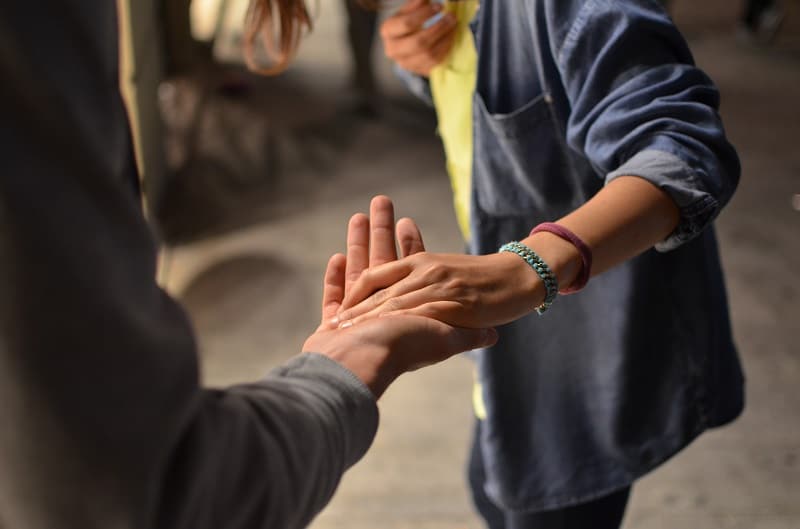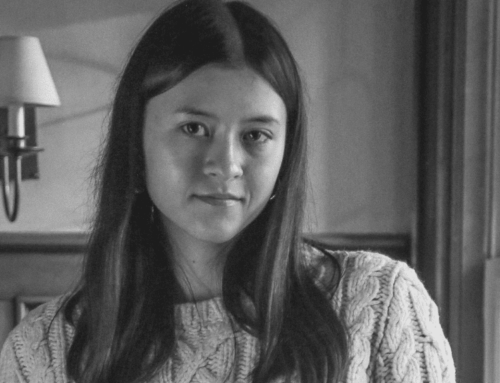For the past 35 years, the Canadian Council of Muslim Women (CCMW) has been on an important mission: To affirm Canadian Muslim women’s identities and to promote an understanding of our lived experiences.
As Canadian Muslims and as women, we face discrimination, prejudice, and racism founded on anti–Muslim attitudes and practices. Our organization is contacted by women and girls who are targeted, and whose “Canadian-ness” is challenged.
By striving for positive change through community engagement and research, as well as through influencing public policy, we aim to uphold the principles of equity, equality and empowerment as articulated in the Universal Declaration of Human Rights (UDHR) and the Canadian Charter of Rights and Freedoms. One of CCMW’s guiding principles is that there is no contradiction between the Charter, the UDHR, and the values of Islam, which are all grounded in equality, compassion, and social justice for everyone.
Let’s Talk About: Canadian Muslim Women’s Identity
Too often, others focus only on outward appearance – our race, ethnicity, or religious garb – and don’t see us to be as Canadian as we feel. This leads to negative and oversimplified views of the hijab [head covering] or the niqab [face covering], as if that is the total identity of Muslim women.
CCMW strongly believes that Islamic and Canadian values are congruent, and that we must be involved in civic engagement and integration so that we’re active participants in daily life. We don’t want Muslims to be segregated, and we have unique concerns and needs that get lost when we are seen as “others” or “outsiders.”
Because of our strong commitment that the values of Islam and democracy are congruent, CCMW constantly advocates for an interpretation of Islam which is based on equality, social justice, and compassion. This is not always easy, as there are some Muslims whose identities are more traditional or conservative and their message is based on a patriarchal model for the family and for communities. Sadly, a great deal of funds are provided by some Muslim-majority states for the propagation of such a message. Fortunately, CCMW has a lot of support from many Islamic scholars as well as two international networks – Women Living Under Muslim Laws and MUSAWAH.
World affairs also heavily influence our individual lives. The wars waging in Muslim majority countries, the autocratic leadership in these states, the massive increase of refugees who sadly happen to be mostly Muslims, and the policies and behaviour of leaders such as President Trump directly affect each Muslim. And the destructive actions of some Muslims are constantly blamed on all Muslims, which leads us to dread every violent event anywhere in the world as another justification for anti–Muslim fervour.
Let’s Talk About: Veiling
Why veil? The answer to the question about veiling is complex and nuanced. Our organization’s position, based on religious teachings, is that it is not religiously obligatory. However, we defend the right of a woman to express herself and her religiosity by veiling if that is what she wants to do. In addition, we think that no state has the right to dictate what women should wear, whether it be Saudi Arabia, Iran, or Quebec.
We insist on identifying ourselves as Canadians, as Muslims, and as women. All these aspects of our identity influence how we view the world and our lives, and we demand that equality, equity, and empowerment for all women becomes foundational in our society.
Learn More:
- Black Women’s Identity in Canada: Parting the Roots of Black Hair with Simone Wright
- The Village Bloggurls Tackle Race and Gender-Based Violence
- A Deficit Worth Worrying About: The Gendered And Racialized Wage Gap
Take Action:
- Sign up for our e-newsletter to have our latest stories and resources sent to your inbox.
- Follow us on Facebook and Twitter to join a national conversation about gender equality.







